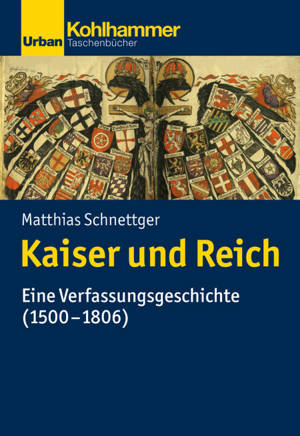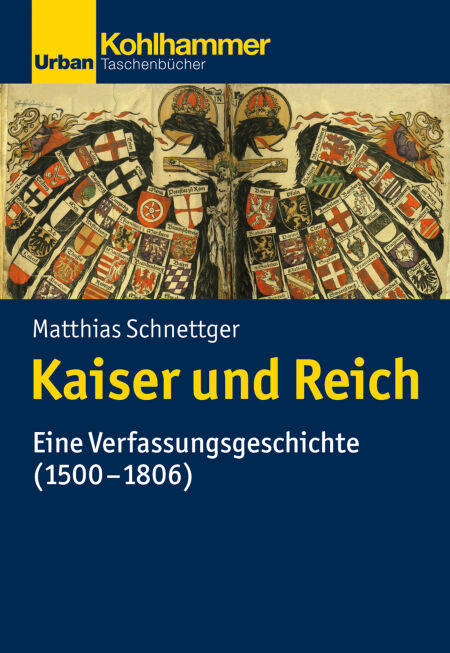
Door een staking bij bpost kan je online bestelling op dit moment iets langer onderweg zijn dan voorzien. Dringend iets nodig? Onze winkels ontvangen jou met open armen!
- Afhalen na 1 uur in een winkel met voorraad
- Gratis thuislevering in België vanaf € 30
- Ruim aanbod met 7 miljoen producten
Door een staking bij bpost kan je online bestelling op dit moment iets langer onderweg zijn dan voorzien. Dringend iets nodig? Onze winkels ontvangen jou met open armen!
- Afhalen na 1 uur in een winkel met voorraad
- Gratis thuislevering in België vanaf € 30
- Ruim aanbod met 7 miljoen producten
Zoeken
€ 25,99
+ 25 punten
Uitvoering
Omschrijving
This book recounts the constitutional history of the Holy Roman Empire from the late 15th century up to the end of the Empire in 1806, using a dual approach. Following a chronological overview of the development of the imperial constitution, in-depth systematic chapters are devoted to the Empire=s institutions and protagonists and the ways in which it functioned. The negotiation of power between the emperor and the imperial Estates at the imperial diets is discussed, along with ceremonials and the importance of the ?local empire= for imperial subjects. Separate sections are devoted to the peripheries of the empire, imperial public relations, and historiography. Matthias Schnettger combines classical constitutional history with the findings of recent research in social and cultural history. In this way, he succeeds in vividly presenting both the institutions and standards and also the changing constitutional realities of the Empire in a concise and highly readable introduction.
Specificaties
Betrokkenen
- Auteur(s):
- Uitgeverij:
Inhoud
- Aantal bladzijden:
- 406
- Taal:
- Duits
Eigenschappen
- Productcode (EAN):
- 9783170313521
- Verschijningsdatum:
- 6/10/2020
- Uitvoering:
- E-book
- Beveiligd met:
- Digital watermarking
- Formaat:
- ePub

Alleen bij Standaard Boekhandel
+ 25 punten op je klantenkaart van Standaard Boekhandel
Beoordelingen
We publiceren alleen reviews die voldoen aan de voorwaarden voor reviews. Bekijk onze voorwaarden voor reviews.











